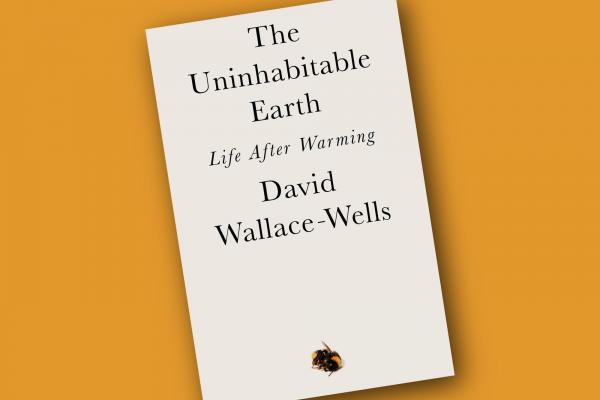YET ANOTHER BOOK about climate change. What could it possibly say that we haven’t already heard?
Plenty, it turns out.
David Wallace-Wells’ extraordinary and chilling book The Uninhabitable Earth: Life After Warming gives an overview of the overwhelming scientific consensus that the planet is warming and changing at rates never seen before. But the real value for its readers are the 100 brutal pages of excruciating details about what life will be like if they do not quickly make extraordinary changes to their energy consumption. Wallace-Wells’ central message is that we are living in a time hotter than any other time humans have ever lived in, and we cannot go back in our lifetimes. And looking forward is nothing short of terrifying.
Read the Full Article

